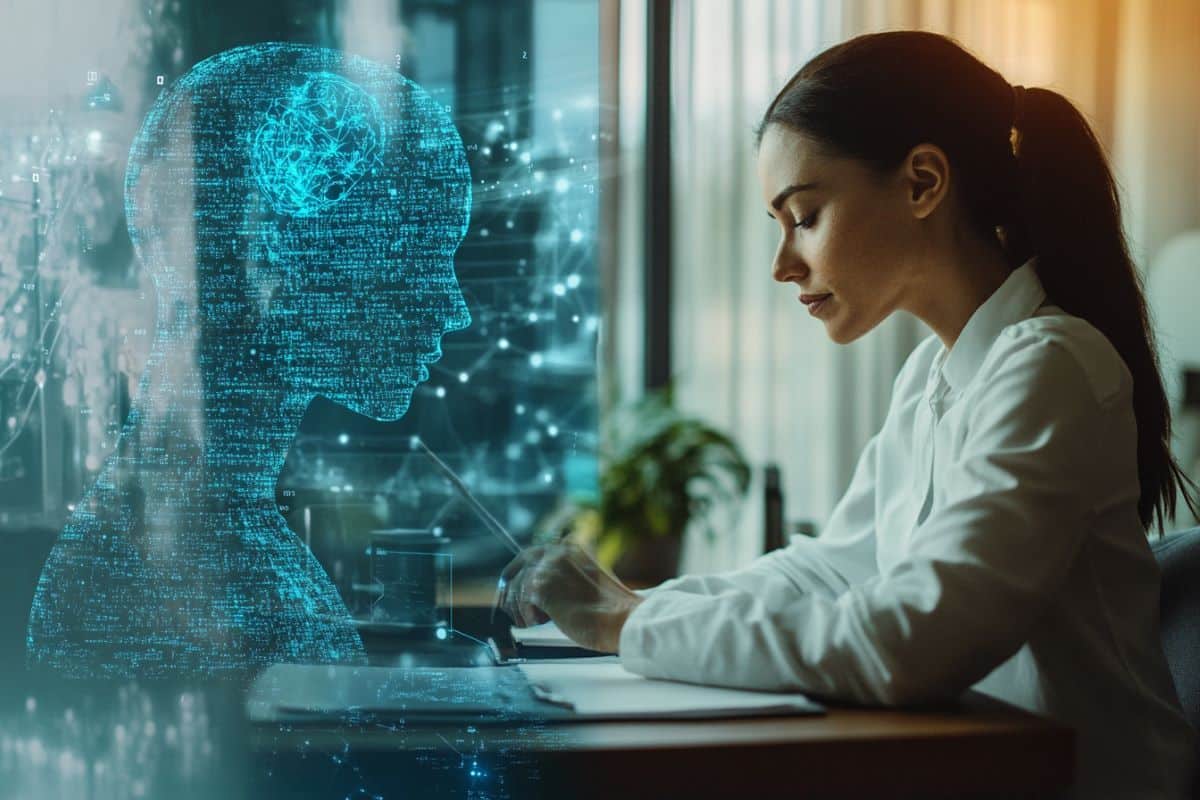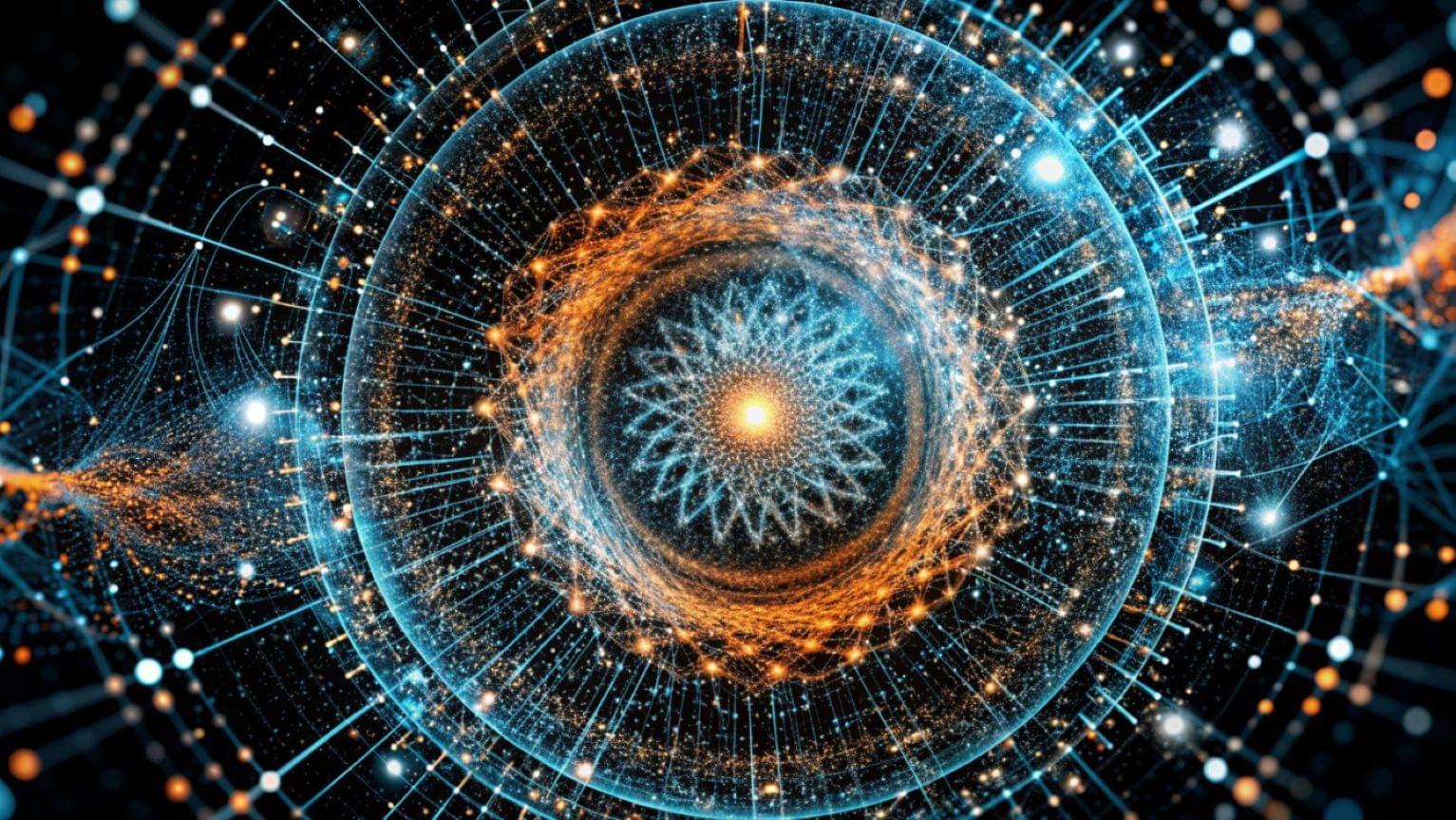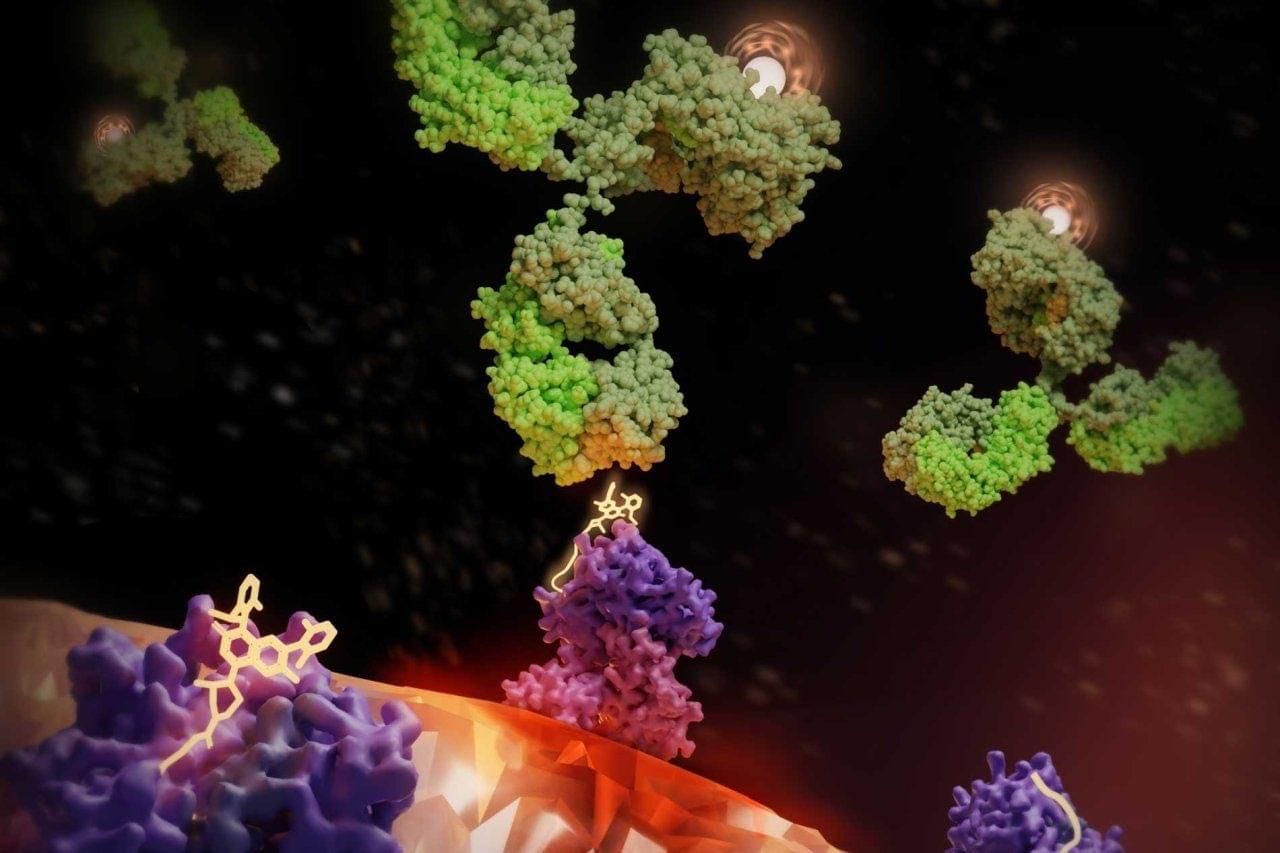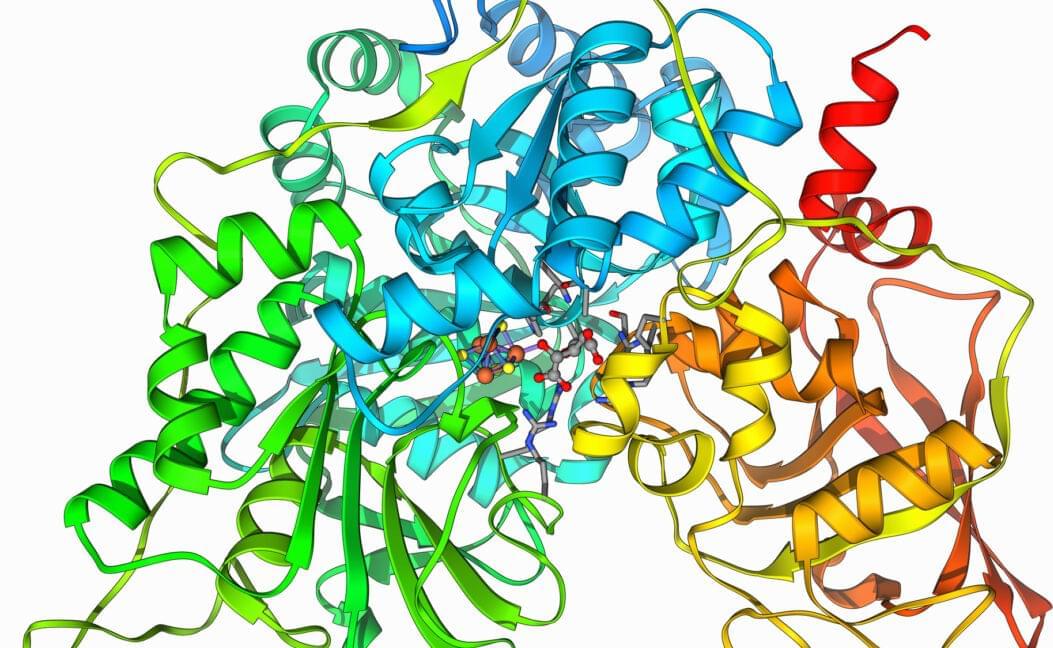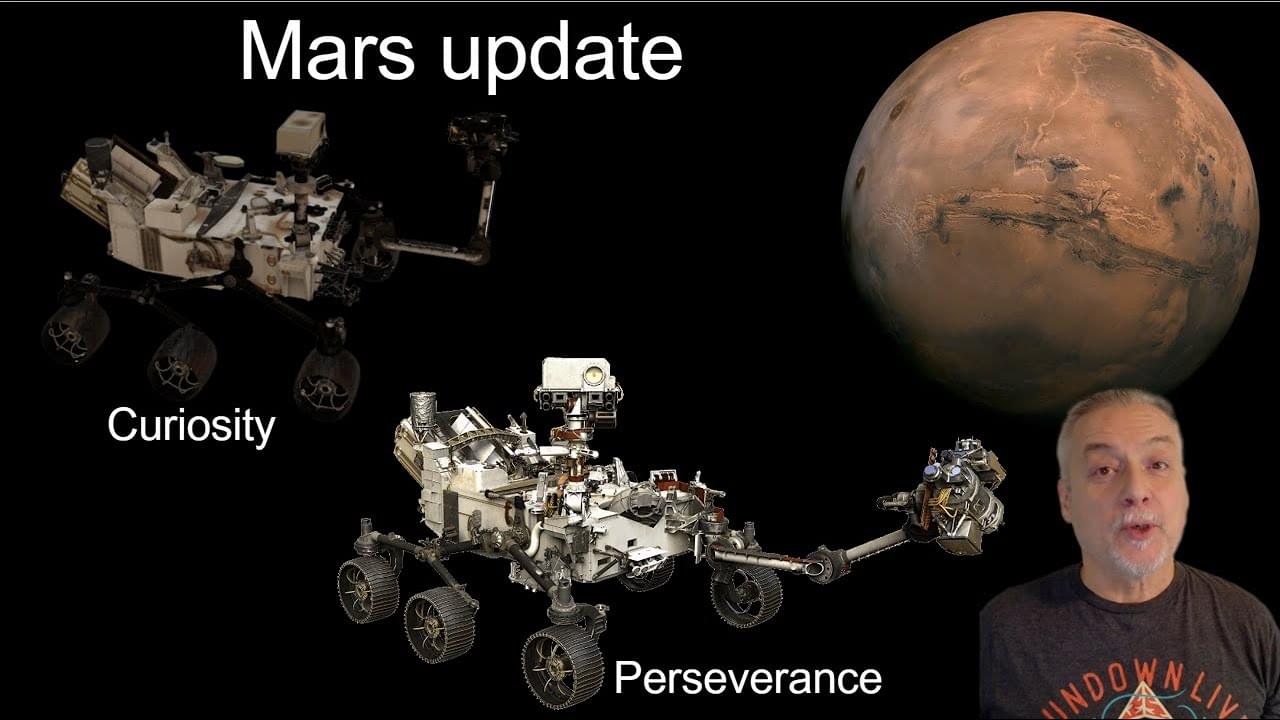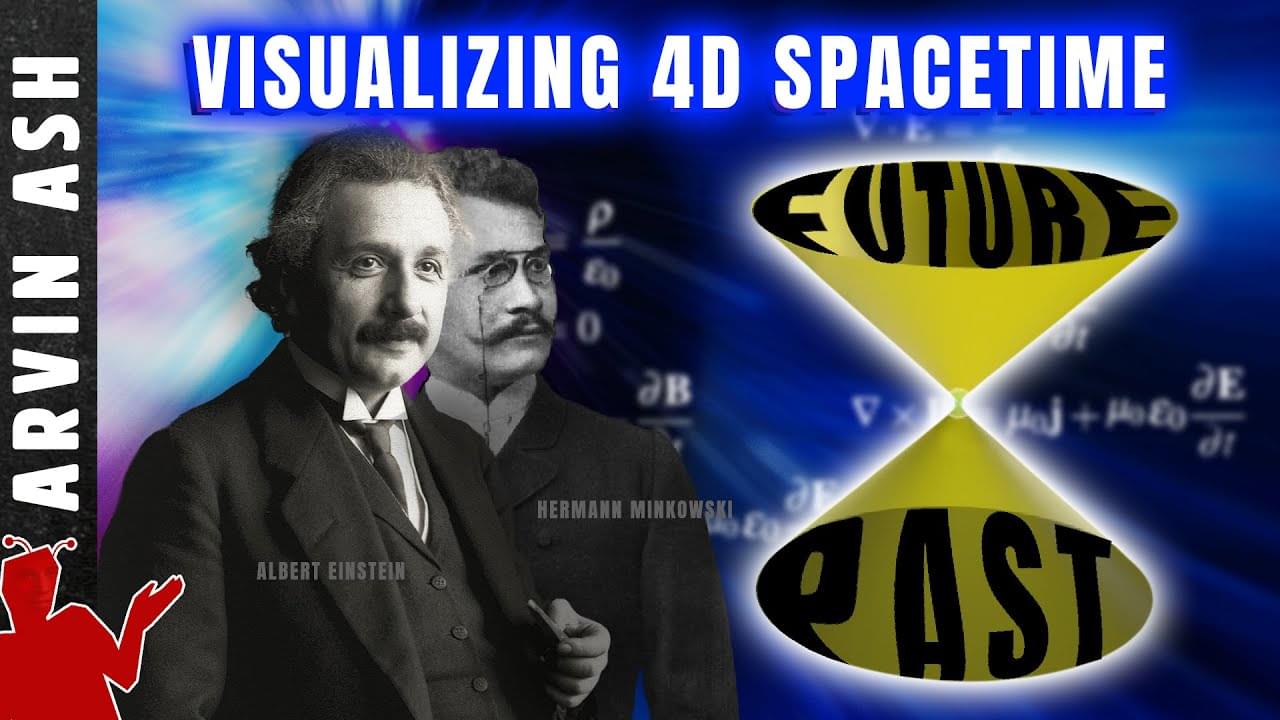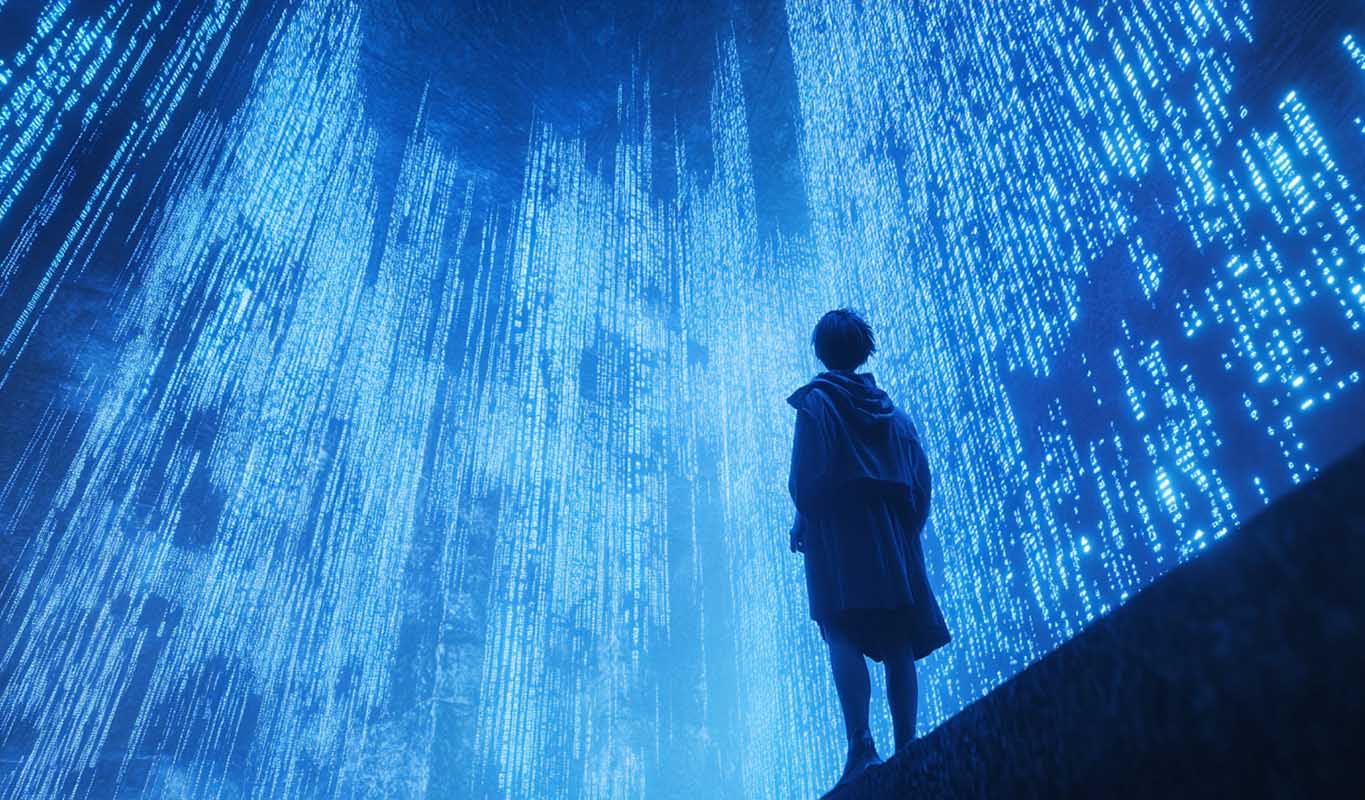Time, by its very nature, is a paradox. We live anchored in the present, yet we are constantly traveling between the past and the future—through memories and aspirations alike. Technological advancements have accelerated this relationship with time, turning what was once impossible into a tangible reality. At the heart of this transformation lies Artificial Intelligence (AI), which, far from being just a tool, is becoming an extension of the human experience, redefining how we interact with the world.

In the past, automatic doors were the stuff of science fiction. Paper maps were essential for travel. Today, these have been replaced by smart sensors and navigation apps. The smartphone, a small device that fits in the palm of our hand, has become an extension of our minds, connecting us to the world instantly. Even its name reflects its evolution—from a mere mobile phone to a “smart” device, now infused with traces of intelligence, albeit artificial.
And it is in this landscape that AI takes center stage. The debate over its risks and benefits has been intense. Many fear a stark divide between humans and machines, as if they are destined for an inevitable clash. But what if, instead of adversaries, we saw technology as an ally? The fusion of human and machine is already underway, quietly shaping our daily lives.
When applied effectively, AI becomes a discreet assistant, capable of anticipating our needs and enhancing productivity. Studies suggest that by 2035, AI could double annual economic growth, transforming not only business but society as a whole. Naturally, some jobs will disappear, but new ones will emerge. History has shown that evolution is inevitable and that the future belongs to those who adapt.
But what about AI’s role in our personal lives? From music recommendations tailored to our mood to virtual assistants that complete our sentences before we do, AI is already recognizing behavioral patterns in remarkable ways. Through Machine Learning, computer systems do more than just store data—they learn from it, dynamically adjusting and improving. Deep Learning takes this concept even further, simulating human cognitive processes to categorize information and make decisions based on probabilities.
But what if the relationship between humans and machines could transcend time itself? What if we could leave behind an interactive digital legacy that lives on forever? This is where a revolutionary concept emerges: digital immortality.
ETER9 is a project that embodies this vision, exploring AI’s potential to preserve interactive memories, experiences, and conversations beyond physical life. Imagine a future where your great-grandchildren could “speak” with you, engaging with a digital presence that reflects your essence. More than just photos or videos, this would be a virtual entity that learns, adapts, and keeps individuality alive.
The truth is, whether we realize it or not, we are all being shaped by algorithms that influence our online behavior. Platforms like Facebook are designed to keep us engaged for as long as possible. But is this the right path? A balance must be found—a point where technology serves humanity rather than the other way around.
We don’t change the world through empty criticism. We change it through innovation and the courage to challenge the status quo. Surrounding ourselves with intelligent people is crucial; if we are the smartest in the room, perhaps it’s time to find a new room.
The future has always fascinated humanity. The unknown evokes fear, but it also drives progress. Many of history’s greatest inventions were once deemed impossible. But “impossible” is only a barrier until it is overcome.
Sometimes, it feels like we are living in the future before the world is ready. But maturity is required to absorb change. Knowing when to pause and when to move forward is essential.
And so, in a present that blends with the future, we arrive at the ultimate question:
What does it mean to be eternal?
Perhaps the answer lies in our ability to dream, create, and leave a legacy that transcends time.
After all, isn’t digital eternity our true journey through time?
__
Copyright © 2025, Henrique Jorge
